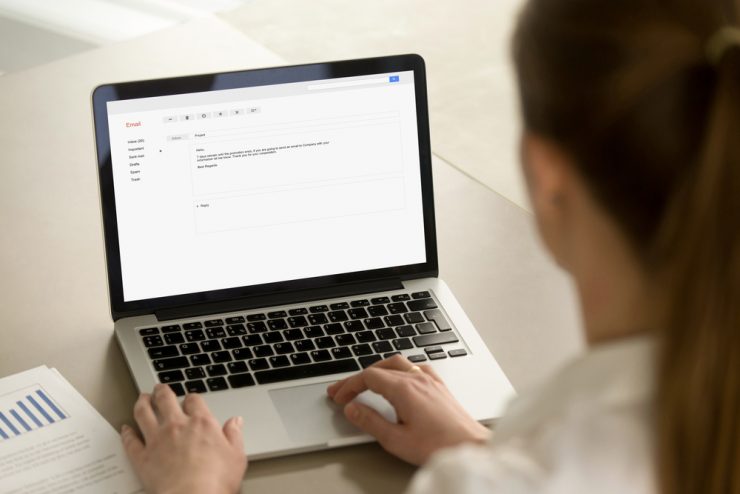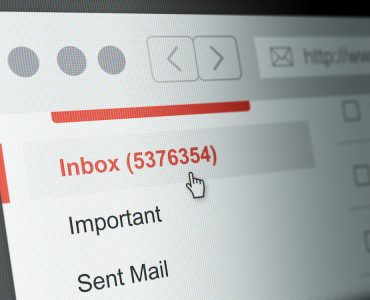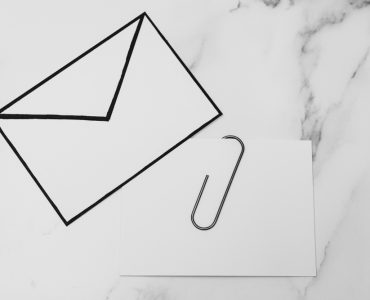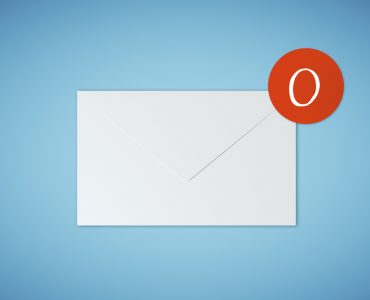Is your inbox fuller than you’d like it to be? Losing the battle to keep up with incoming email is more common than you might think. Some people have inboxes running to thousands of messages. If you’re struggling to take control of yours, these organizational tips could help.
Act immediately
One of the reasons why inboxes often get out of hand is that people leave things sitting there. You should think of your inbox less like a depository and more like a message service. When a message arrives, deal with it immediately, whether by replying, forwarding or deleting. If that’s not possible because you don’t have time or you need to take another action first, move it to a dedicated folder so that you’ll know what to do with it later.
Use multiple folders
In order to facilitate effective email management, you’ll need to use several organizational folders. They should include a folder for email that needs a prompt response as soon as action has been taken, a folder for forwarded or delegated email, one for ongoing correspondence and one for archives – messages you’ve finished dealing with but want to keep for future reference. It’s a good idea to use other folders inside your archive folder to keep it organized.
Unsubscribe from lists
How many mailing lists are you subscribed to? Many people don’t even know. The chances are that there are some you subscribed to long ago which are useless to you now. Instead of just deleting on reflex when you see messages come in from them, take the time to unsubscribe. Doing so will save you a lot of time and trouble over the long term.
Don’t get sentimental
When it comes to unsubscribing, deleting messages or even tucking them away in archives, some people hesitate for sentimental reasons. When it comes to email – especially your inbox – you need to be ruthless. You also need to be realistic. Even if you do hang onto a message, when are you going to find the time to read it? No matter how good it feels to keep, it won’t feel as good as a clean inbox.
Streamline your responses
If you’re in the habit of writing a lengthy response to each piece of email you receive, you’ll never get through it all. Dealing with email efficiently must include learning to reply to it efficiently. Say only what you need to say. Store, copy and paste in paragraphs that you need to use often. The similarly busy people you correspond with will appreciate you getting straight to the point. Even if you only save a few minutes per message, over the course of your day those minutes will really add up.
By making use of these tips on an ongoing basis, you’ll find that you’re able to get even the busiest inbox under control. There’s no magic to organizing your email – you just need to be practical and consistent and willing to show it who’s the boss.













